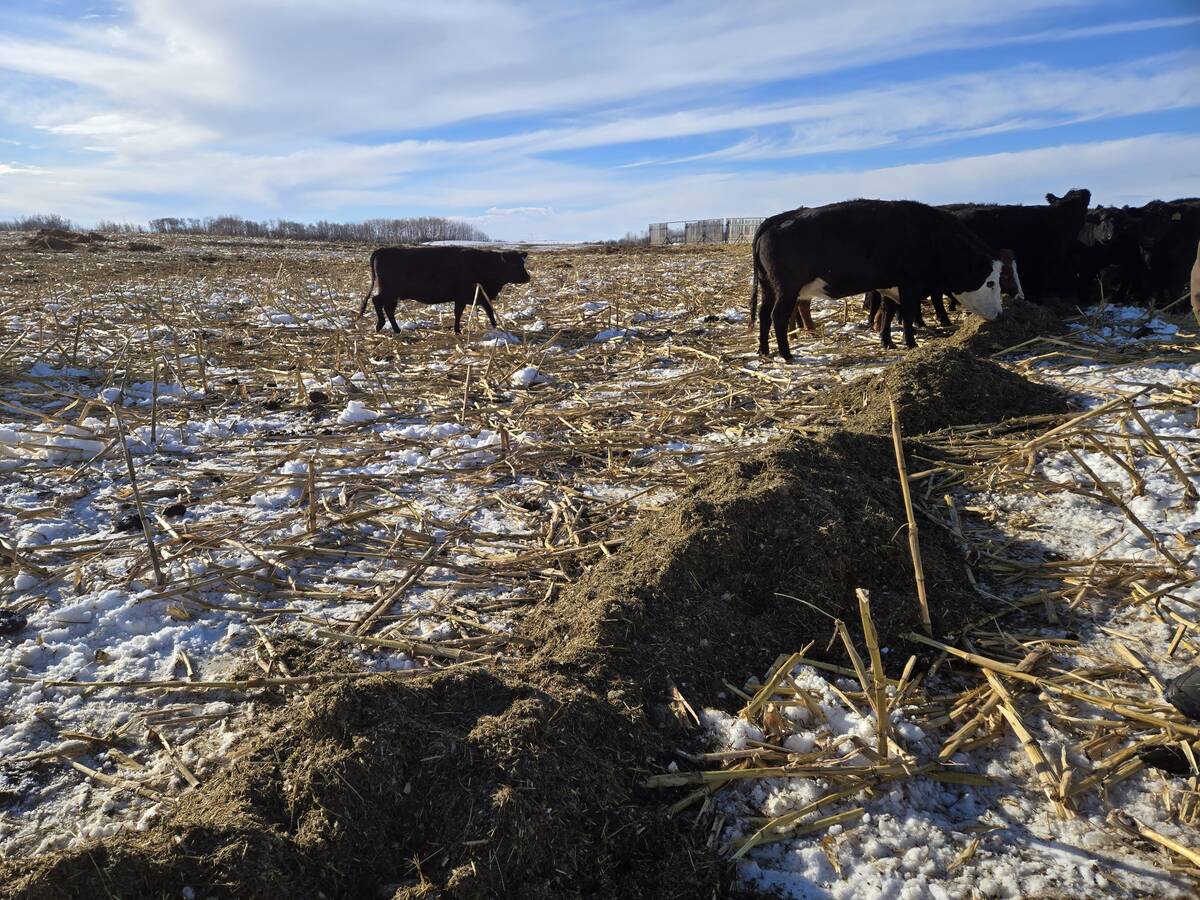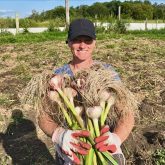A team of Manitoba farmers and gardeners are taking their love of regenerative farming and shrinking it from field to garden.
“When we started regenerative farming on my family farm, we turned to cover cropping to replace our reliance on fertilizers,” said Joseph Gardiner, co-founder of ReWild Garden Seed in a news release May 13.
“We developed our Spring Fling Cover Crop blend as a way of recognizing that gardeners are farmers, too, and when we nurture our soil, we don’t just grow healthier, tastier food, we nurture our planet and each other, too,” he added.
Read Also

Winter grazing strategies offer cost relief for Manitoba cattle producer
How cover crops, straw and silage pile grazing fit in a western Manitoba rancher’s winter feeding plan — and how to make sure they meet cattle’s nutritional needs.
Crystal City-based ReWild Garden Seed was launched this spring as an offshoot of ag seed company Covers & Co. Gardiner and several of his colleagues are farmers or have extensive experience in the ag industry. ReWild co-founder Kennedy Collins said Gardiner suggested that he and others try cover crops on their home gardens after seeing their benefits on his farm.
“Sure enough, the benefits were great in the gardens too,” Collins told the Co-operator.
He said he saw better water infiltration and holding capacity in that section of his garden, even the following year. The cover crop could then be tilled under to serve as green manure, reducing the need for synthetic fertilizers.
ReWild’s debut garden cover crop blend, Spring Fling, is a mix of grasses, legumes and broadleaves which Collins said were selected to strike the optimum ratio of carbon to nitrogen to feed soil microbes and fungi.

The blend includes forage barley, forage peas, wheat, cereal rye, ryegrass, hairy vetch, red clover, flax, sunflower and several others, said a ReWild Facebook post. In the garden, it looks like a “big mass of green,” said Collins, mixed with purple and white flowers and sunflowers later in the year.
ReWild suggests sowing a section of the garden to a cover crop and rotating through the garden year by year. Collins said he knows of one gardener who plans to cover crop half their garden and alternate sides per year.
When rotated through the garden, soil biology is stimulated and the diversity of plants offer food for bees and butterflies.
“We’re using plants to feed our future plants,” Collins said.
This summer, the ReWild team will be testing new blends including a fall-seeded cover crop blend, and a “chaos garden blend,” which is a mix of vegetables sown in the same way as the other blends.
“Forget the rows, see what grows,” is the slogan, Collins said.
They’re also planning an alternative lawn blend consisting of clovers and low-growing flowers. The diverse blend will provide habitat for pollinators, and it won’t need to be mowed Collins said.


















